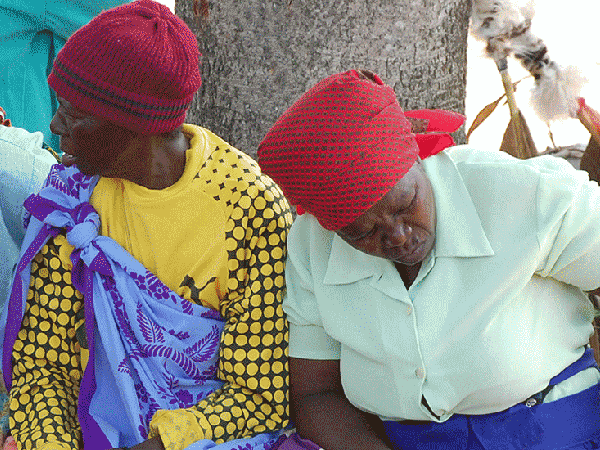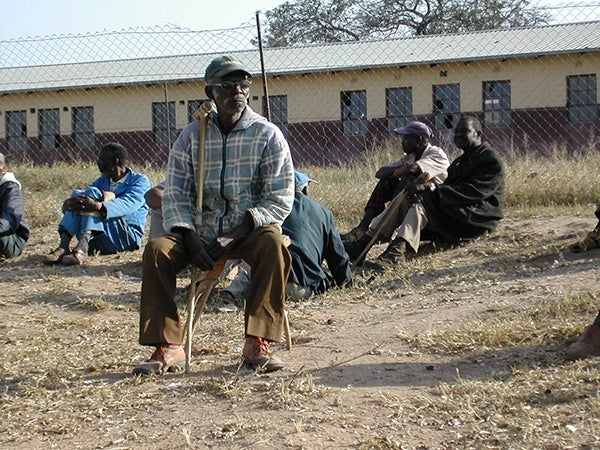A recent study based on data from the project “Health and Aging in Africa: a Longitudinal Study of an INDEPTH Community in South Africa” (HAALSI) suggests that social capital theory (the concept that the higher socioeconomic status of your contacts can have positive health impacts as they are a type of interpersonal resource) applies not only in higher-income settings, but in a more resource-limited, rural setting in South Africa as…
Is social capital valuable in protecting cognitive function in lower-resource settings such as rural South Africa?
While theories about the connection between strong social supports and better cognitive health among an aging population are well established in higher resource settings (high income, high education levels), less is known about whether this same pattern exists in lower resource settings. Researchers affiliated with Health and Aging in Africa: a Longitudinal Study of an INDEPTH community in South Africa (HAALSI) have published findings that suggest that a similar pattern…
Could higher workplace social capital help to prevent suicide among workers in Japan?
Harvard Pop Center faculty member Ichiro Kawachi is among the authors of a study that finds an association between suicidal ideation and low social capital (a supportive network based on trust, reciprocity, cooperation and connection to others) at work.
Are block parties associated with higher social capital, better health?
Harvard Pop Center faculty members Ichiro Kawachi, MD, PhD, S V Subramanian, PhD, and David R. Williams, PhD, are authors on a paper published in Social Science & Medicine that explores the impact of block parties in Black neighborhoods on bonding social capital and self-rated health.
New study finds white men and women have significantly lower rates of suicide in states with higher levels of social capital
A new study co-authored by affiliated faculty member Ichiro Kawachi, MD, PhD, investigates whether state levels of social capital are associated with rates of completed suicides in the fifty U.S. states.
Do Meeting Frequency and Group Composition Affect Social Capital Gains Among Microfinance Clients?
Pop Center affiliated faculty member Rohini Pande, PhD, has co-authored a study, based on evidence from a randomized experiment in urban India, that examines, in particular, whether meeting frequency and group composition affect social capital.
Can strong community ties compensate for a lack of more personal relationships as far as your health goes?
Harvard Pop Center-affiliated faculty member SV Subramanian, PhD, is an author on a study “The Influence of Social Capital on Individual Health: Is it the Neighbourhood or the Network?” published in Social Indicators Research.


